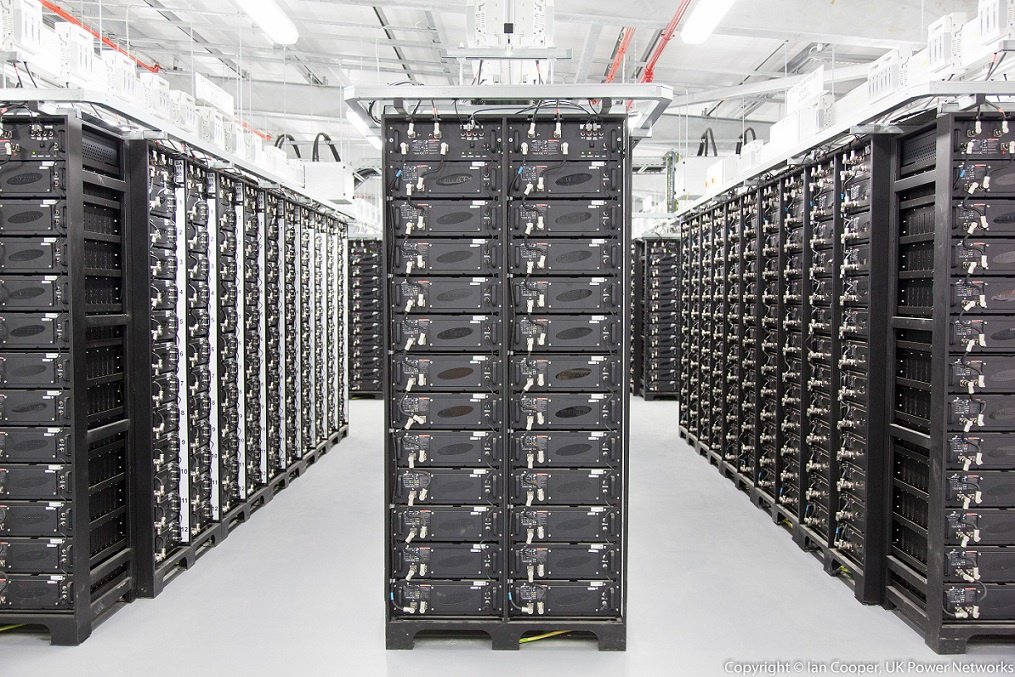The British government has relaxed planning legislation, in a move that could triple the number of batteries serving the grid.
Ministers have today (14 July) passed secondary legislation that removes barriers for storage projects above 50MW in England and 350MW in Wales. The government hopes that this will lead to storage cells five times the size of those currently under operation.
This will help encourage bolder investment decisions, with more batteries available to balance the grid as the number of intermittent renewables continues to grow.
Energy minister Kwasi Kwarteng said the move was key to capturing the full value of renewables, by ensuring “homes and businesses can still be powered by green energy even when the sun is not shining, or the wind has stopped blowing”.
“Removing barriers in the planning system will help us build bigger and more powerful batteries, creating more green-collar jobs and a smarter electricity network.”
The need for greater flexibility has been thrown into focus by the COVID-19 lockdown, as demand fell by around 20% leading National Grid ESO to develop additional tools for flexibility.
Head of markets at National Grid ESO, Kayte O’Neill, said that how the company operates the grid is changing as record levels of renewable energy sources generate more and more of Great Britain’s power.
“Storage can help us make the most of this green energy, using it to manage peaks and troughs in demand and operate the electricity system as efficiently as possible – keeping costs down for consumers too.”
Read more: Current News





